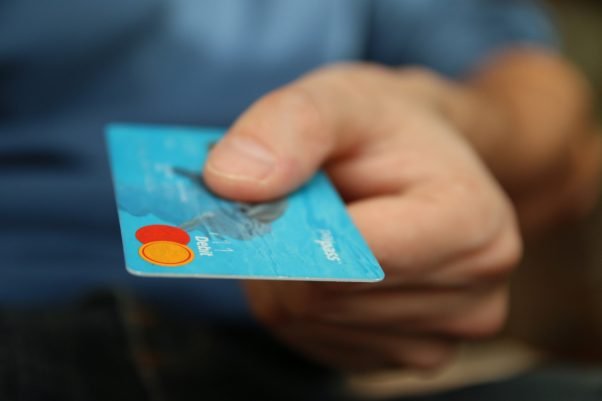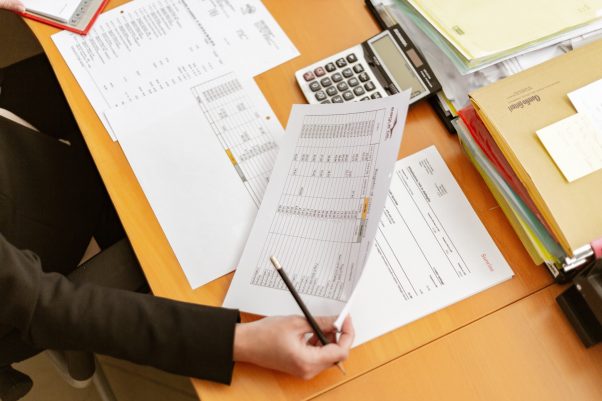Making an investment in Vietnam, starting a business, operating it and making a profit is something that a lot of foreign investors aspire to do. Unfortunately, there are great business ideas that have been discarded due to misleading information which discourages investors.
One of them is the rumour that when you invest your money, you will not be able to get your investment in Vietnam back out.
And that will be the fifth and final myth that we will debunk in Bizspective’s talk show “Debunking myths about opening a company in Vietnam”.
Table of Contents
Regulations on investment in Vietnam
The establishment of businesses in Vietnam for foreigners has some differences compared to Vietnamese people such as the need for additional documents and certificates, a longer reviewing time, etc.
However, for the purpose of attracting foreign investment in Vietnam, the Vietnamese Government has also issued many policies to help protect the legitimate interests of foreigners when investing in Vietnam.
One of them is a regulation on ensuring the right to receive profits abroad.
Accordingly, as long as you can prove that you received the money from legitimate sources and you have proof that you have paid taxes in accordance with Vietnamese law, the bank has no reason to not allow you to send money abroad.

The transfer of capital and profits out of Vietnam must comply with the provisions of the Law on Foreign Exchange Management.
Types of assets that foreign investors are allowed to move out of Vietnam
According to Article 12 of the Investment Law 2020, after fully fulfilling their financial obligations toward the Vietnamese Government (for example: after paying all outstanding taxes), foreign investors are allowed to remit the following assets abroad:
- Investment capital, and proceeds from the liquidation of investment;
- Income obtained from business investment activities; and
- Money and other assets that are legally owned by investors.
Procedures for transferring capital, assets, and profits out of Vietnam
Generally speaking, the bank will ask you two things when you give them an order to send your money overseas. The first question is: where did that money come from? And the second question is: have you paid your taxes over it?
The first question should not be an issue, as long as the source of the money is a legal one. For example: you may want to send a part of your salary overseas, which you have earned in accordance with a valid labor contract. Or you may want to send the profits overseas that you have legally earned from your investment in Vietnam – a company that is registered in Vietnam and which you are the owner of.
For both these examples, the next step is that you prove that you have paid your taxes over your income. That would be personal income tax and corporate income tax respectively. For foreign – owned companies, there is an additional requirement that the financial administration must be audited once per year. After that, the company must notify the Tax Authorities about its intention to remit the profits of the foreign owners overseas.
This also works as an encouragement for foreigners to make investments in Vietnam in accordance with the regulations and that you work with a capable accountant or tax agent. If you follow the legal framework in Vietnam and you pay tax over it, then it should be no problem at all to send your investment in Vietnam overseas.

As long as foreign investors can do everything in accordance with Vietnamese law, they can get the money from their business abroad.
Conclusion
In summary, just make sure that your investment in Vietnam is in line with Vietnamese Law and has good administration.
So, myth number five is busted there. As long as you follow the business compliance in Vietnam, you are good to go.
